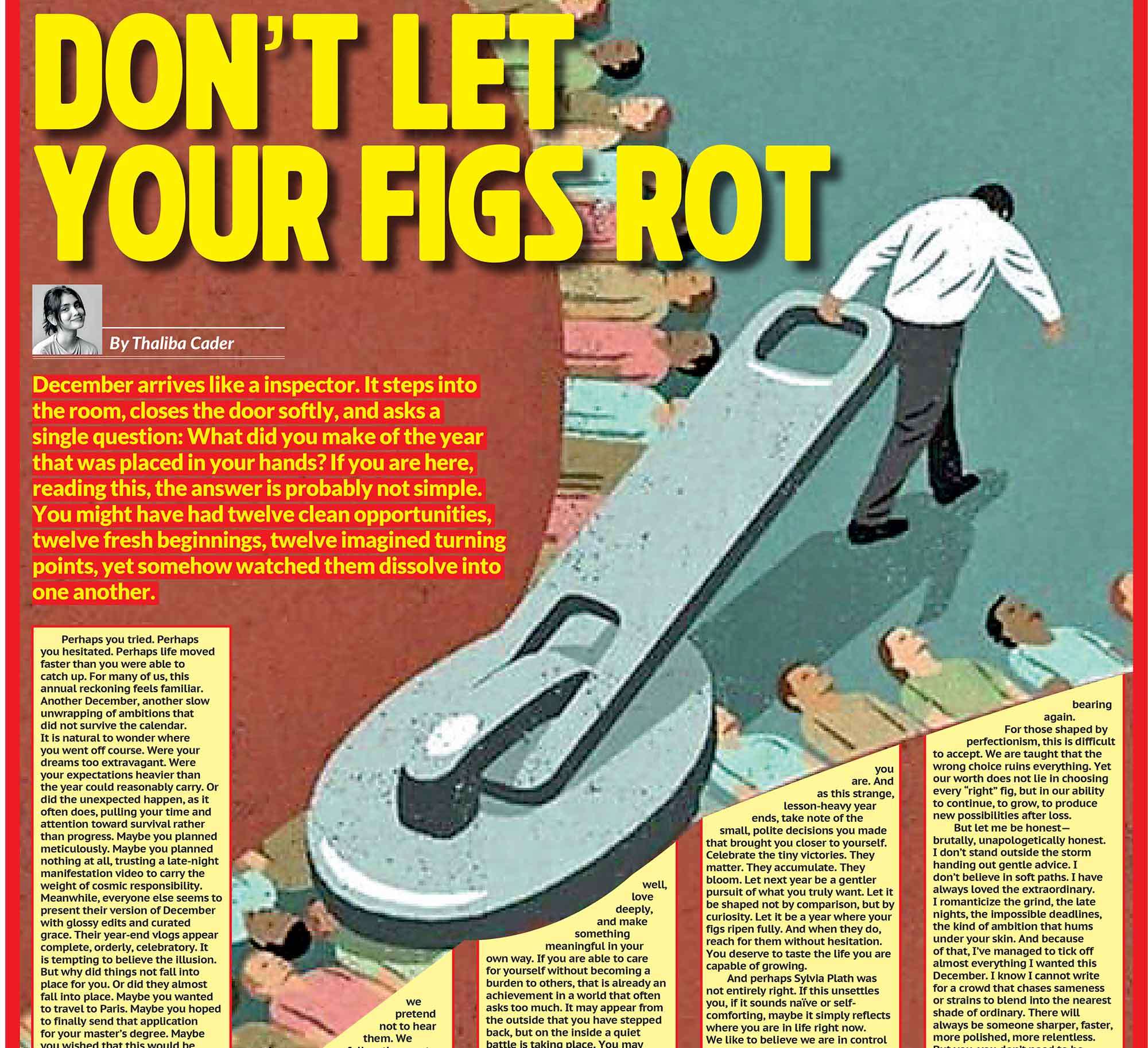
Snobbery is one of the most base and despicable traits a person can have, especially as it so often stems from a false sense of superiority over others. Most tragically, it is usually directed at those who have no choice in their societal standing. Whatever happened to the idea of the “haves” uplifting those who have less? Offering the proverbial helping hand to those who need it? Instead, today it has become almost a pastime to look down upon, belittle, and ridicule those who struggle. This tendency has, in many ways, accelerated the downfall of civilized society. The default assumption is that money, whether in abundance or in scarcity, is the root of snobbery. In reality, wealth is only a small part of the “have and have-not” struggle that surrounds us. One of the clearest examples of this in Sri Lanka lies in language.
Our nation’s three languages form the cornerstones of the cultural triangle that is Sri Lanka. As in any multilingual society, there are those who believe that the language they were born into is inherently superior. Then there are those who, influenced by colonial ideas of hierarchy, treat English as a marker of supremacy and imagine that fluency in it elevates them to a higher plane. The truth, from what I see in both education and the creative industries, is that fluency in any language is a gift. Honing one’s skills in one’s own tongue, while also mastering others, enriches life and deepens experience.
Unfortunately, there are those who sneer when someone does not speak English “well.” Rather than offer guidance, they ridicule and marginalize. English is undoubtedly the global denominator, the language of business, finance, and international communication, but lack of fluency does not make a person lesser. It is the responsibility of the learner to improve through classes, practice, or the use of countless online platforms that make language learning easier than ever. The real tragedy is when insecurity pushes people to pretend. Instead of communicating in the language they are comfortable with while steadily improving their English, they attempt to mask their shortcomings, often resulting in painful language mishaps. Why should there be any shame in speaking one’s own language?

The French take pride in speaking French. The Germans do the same with their language. India embraces its many dialects while upholding Hindi as the national language. In Sri Lanka, however, some still see speaking Sinhala or Tamil as a barrier to entering certain social circles. This mix of snobbery, insecurity, and self-loathing creates a dangerous environment, especially for young people with their futures still ahead of them.
I speak fluent Sinhala and English, am proficient in French, and know some Hindi. I do not believe any language is superior to another. Yet I have often seen surprise when I speak Sinhala and have even been asked if I am really from Sri Lanka. In certain circles, there seems to be an assumption that people from particular backgrounds or professions should either not know their native languages or at least pretend not to. I have also encountered individuals who are visibly uncomfortable when I address them in Sinhala, responding in English as though to distance themselves from any suggestion that their English may be weak. I only wish I were equally proficient in Tamil, a beautiful and ancient language that I intend to learn.
Snobbery also reveals itself in attitudes toward cuisine. Speaking from experience, I have often been met with shock when I express how much I love Sri Lankan food. From regional curries to sambols and mallums, I was raised on these dishes and crave them whenever I am away from the country. While I enjoy many other cuisines, depending on mood and occasion, there remains in Sri Lanka a perception that openly enjoying our own food is “bucolic” or “villager-like.” This is deeply unfortunate.
The French take pride in speaking French. The Germans do the same with their language. India embraces its many dialects while upholding Hindi as the national language. In Sri Lanka, however, some still see speaking Sinhala or Tamil as a barrier to entering certain social circles.
The same prejudice extends to imported versus local food items. Yes, the French excel at quiches, baguettes, and croissants, and the Italians are masters of pasta and pizza. Yet the belief that everything from jams to condiments, utensils, or even talent must come from abroad to be worthwhile is a chronic ailment of the small minded. I have known people who could not tell the difference between foie gras and steak tartare but suddenly act as if they are authorities on cuts of meat, the country of origin, or whether the animals were grass-fed and certified organic. I personally do not eat meat for ethical reasons, as I am an empath, but even I cannot ignore the irony. If a life is taken so that its carcass can be served on a plate, it matters little whether the animal was grass-fed or roamed freely to the sound of shepherds’ flutes. Death on your plate is still death on your plate.
If we are blessed, as I consider myself to be, then it is our duty to inspire and uplift. We should be beacons of hope, showing what can be achieved and attained. Rather than sneer or mock those who have less, we must remember that we are beneficiaries of opportunities that improved our own lives. It is our responsibility to pay that forward, to be of value to those who need it. Each of us can make a difference. If we keep our minds open and treat snobbery as the sickness it truly is, then together we may yet cure it.











